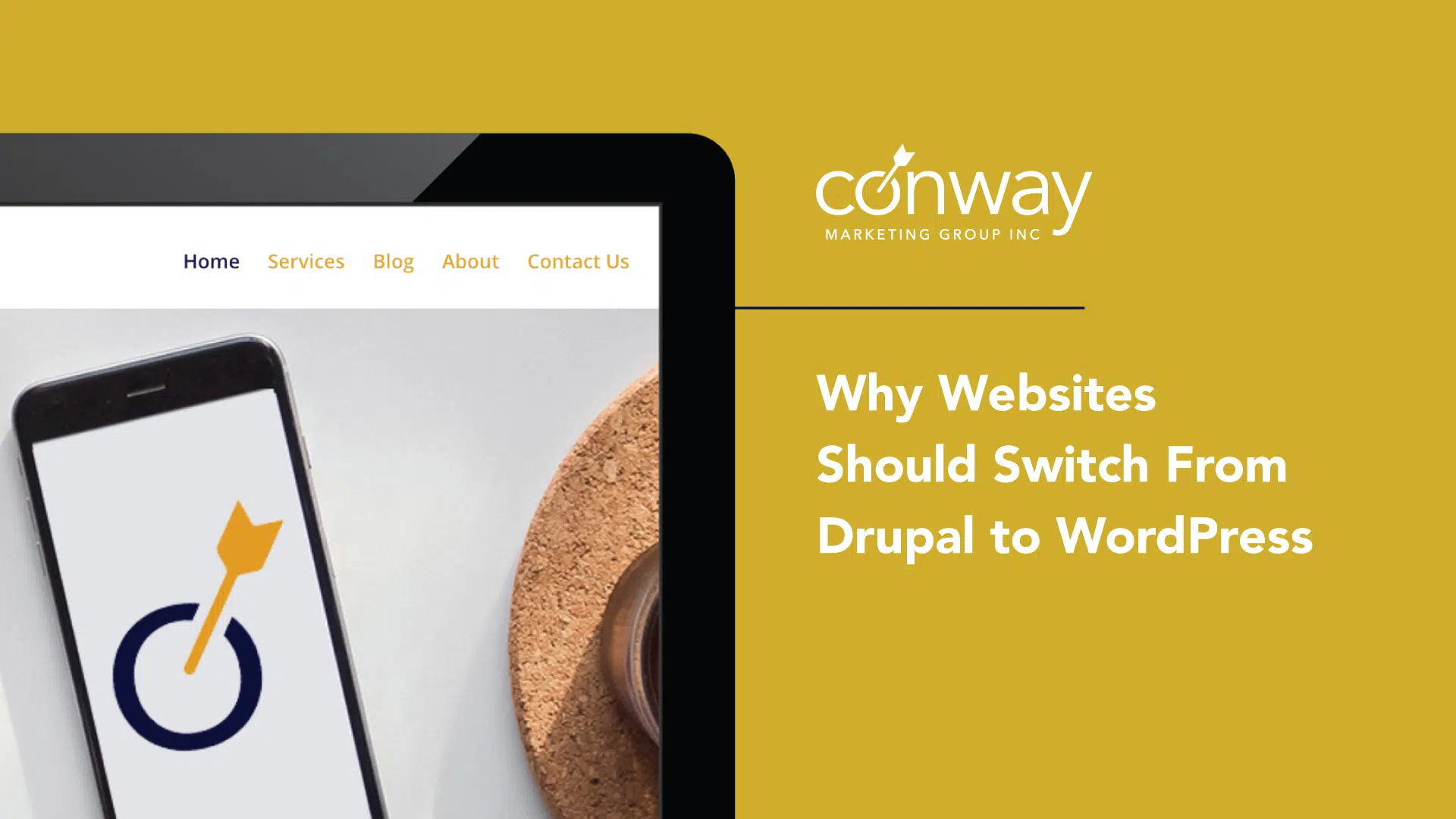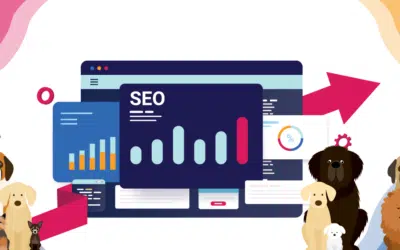Choosing the right CMS is an important decision for the future of your website. A great CMS doesn’t require heavy developer reliance, offers powerful plugins and themes, and — most importantly — is scalable. In this blog, we’ll discuss how the Drupal 7 “End Of Life” announcement will affect many websites. You’ll learn:
- What is Drupal and what happens when it enters “End of Life”?
- How to upgrade within Drupal
- Why WordPress CMS is a better option
A Brief Overview of the Drupal Announcement
In 2018, Drupal announced that both versions 7 and 8 would enter “End of Life” (EOL) status by November 2021. Last year, the platform extended the version 7 migration period to November 2022. Unfortunately for version 8 users, the 2021 deadline remains the same.
What exactly does this mean for the nearly 1,000,000 websites currently using Drupal 7 and 8? It means they still need to prepare for a migration nightmare in the near future.
Of course, we see a silver lining. This migration presents an opportunity to reassess your website strategy and move forward with the right CMS platform. Read more for our take on the implications and the best path forward.
What is Drupal, and what will happen when it enters “End Of Life”?
Drupal is a popular open-source content management system (CMS) alongside WordPress, Joomla, Squarespace, and Magento. Drupal is the framework behind many websites and applications today.
Entering EOL status means the community will no longer provide security updates, leaving your website vulnerable to attack. A data breach of confidential information such as client identities and credit card information can have profound customer experience, PR, and legal consequences for your business.
I have a Drupal 7 site; what are my options?
The good news: upgrading from Drupal 8 to 9 is supposedly much easier. The bad news: the vast majority of users are still on Drupal 7. Upgrading from Drupal 7 to 9 will be both labor-intensive and costly for site owners. This migration process will essentially look like rebuilding an entire website for many.
To upgrade from Drupal 7 to 9, users will have two options:
1) The default method: migrate everything, including content and configuration, into an empty Drupal 9 installation.
2) Manually build a new Drupal 8 site, customizing your content types and fields, and migrate your Drupal 7 content into the framework.
Here lies your opportunity to reconsider your strategy. Is there a better CMS for your business? Our development team says “yes”, and the solution is WordPress.
Why is WordPress a better long-term strategy?
Rebuilding an entire website for migration seems like a tall order to force the majority of your user base to do when updating WordPress is just a click away. Here are three reasons to switch your CMS to WordPress:
- WordPress is the number one CMS globally, while Drupal is a diminishing CMS. Drupal powers only 3% of the top ONE million sites. Meanwhile, WordPress powers 39.3% of the top TEN million sites.
- You won’t need to completely rebuild your website for a platform update. WordPress updates won’t break sites or render them useless; only incompatible plugins and themes do. As long as sites use reputable plugins and themes, all updates can be expected to operate as planned.
- Drupal’s complicated migration process will continue. Drupal’s user base will continue to decrease along with the community that supplies the security patches and bug fixes that websites need.
Migrating to Drupal 9 will be difficult and costly… but we’re here to help you avoid that stress and expense before it happens! We’re passionate about helping businesses build the most powerful websites with even better user experiences. Contact us if you’d like to learn more about how we can help with your website’s conversion to WordPress.



